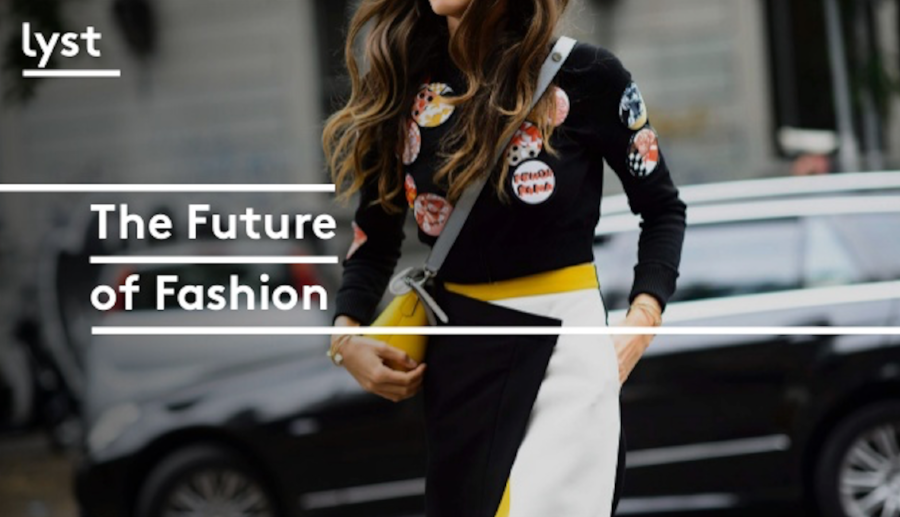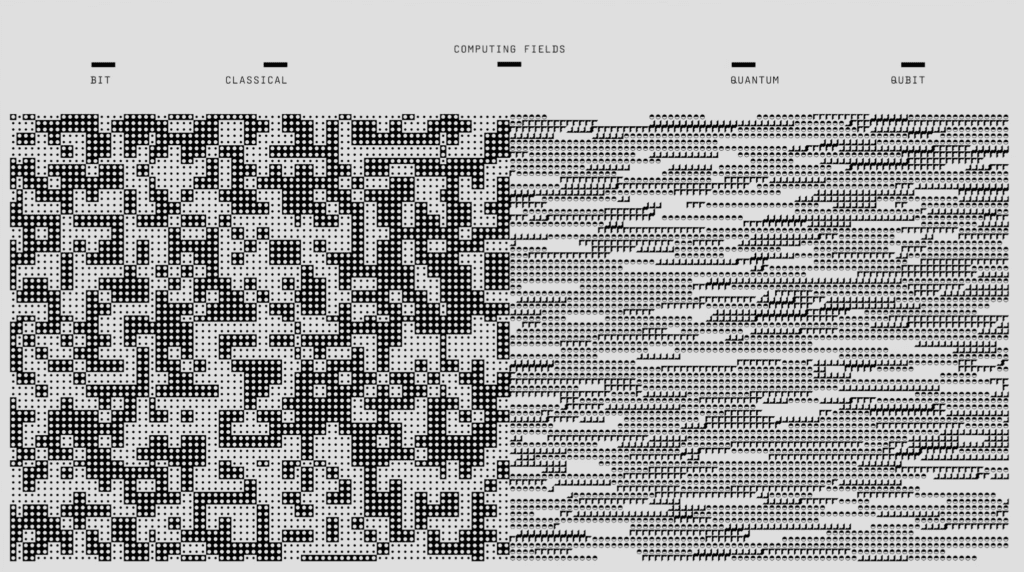
image: Lyst
If you are looking for Lyst on Wikipedia, you won’t find it. The page was deleted this month because, it turns out, the London-based fashion search platform’s page ran afoul of Wikipedia’s guidelines. Instead of providing “information about [a] company and [and its] products in an objective and unbiased style,” as Wikipedia requires, Lyst’s entry in the online encyclopedia was little more than “an advertorially toned page on a private company,” according to an administrator for what is the fifth most heavily-visited website in the world.
As Wikipedia administrator “Enigmaman” – the one who proposed the deletion of Lyst’s page earlier this month – asserted in furtherance of the page-deletion, “What comes up [on Lyst’s Wikipedia page] is passing mentions, routine funding news and/or [self-promotion and publicity].”
In particular, he stated, “The company releases various ranking lists, which get some mentions,” referring to the “Hottest Brands and Products” lists that Lyst creates and publishes each quarter. But, he notes, “It’s mostly self-promotional information, [which] does not meet [Wikipedia’s guidelines for whether ‘an organization is a valid subject for a Wikipedia article].” It is worth noting that the aforementioned lists are also inherently promotional, since they are sponsored posts that Lyst pays to publish on Business of Fashion to promote its site.
Still yet, Lyst’s page raised red flags, in part, because one anonymous user was, according to “Enigmaman,” responsible for almost all of the updates to the page.
Following a seven-day “discussion” period, during which time Wikipedia users have the opportunity to comment on whether they believe the contents of the page in question are in line with Wikipedia’s guidelines (including its explicit ban non-neutral entries), with all votes in favor of deletion, the Lyst page was deleted.
Providing free press for brands is squarely not the purpose of Wikipedia. But with undisclosed advertorials running rampant on the pages of the world’s most esteemed fashion publications (which are being cited as sources in Wikipedia articles), masked advertising dominating our Instagram feeds, and the line between church (brands and retailers) and state (publications and editors) growing fainter by the day, should we expect anything other than for this type of ethical-wild-west to extend to nearly every inch of the web?
While no mention of whether intentional tampering by Lyst – a rep for which did not respond to a request for comment – was at play in connection with the page, Lyst’s scrubbing from the online encyclopedia, combined with other recent deletions for the very same reason, suggests that fashion and non-fashion brands may be using the site (among many other sites) to essentially craft what we have come to refer to as “fake news.” This is not a novel tactic by any means, but still one worthy of a discussion.
As one of the most frequently-visited sites on the web, one that routinely appears more prominently than other Google search results, and one that is trusted by consumers due to its positioning largely as an objective resource (as opposed to a hub for sponsored content), the visibility that comes from maintaining a Wikipedia page and the promotional benefits that can come with a glowing one are arguably unmatched elsewhere on the web.
Couple with that the fact that Wikipedia entries can be updated by anyone with an internet connection – anonymously by way of a username, if you’d like – and it is easy to see how companies might be able to game the system that is Wikipedia, including by benefitting from articles that appear to be perfectly impartial.
After all, for fashion and non-fashion publications, alike, it is common for seemingly upright articles – or covers, if Lucinda Chambers’ account of British Vogue’s marked preference for advertisers is correct, to be inherently affected by investor bias or preferential treatment for an advertiser.
However, if it is the articles, themselves, that are tainting the level of neutrality of brands’ pages, blame may not lie most squarely on brands – but instead, might rest more squarely with the truly widespread laxity of the attitudes of publishers and editors when it comes to the disclosure (or better yet, non-disclosure) of conflicts of interest and sponsored content.
Wikipedia is clear about its stance on this: Its website, a collection of largely volunteer-generated encyclopedia entries, is free of company-dictated bias and undisclosed conflicts of interest. To ensure neutrality, Wikipedia maintains a strict set of “volunteer-developed notability requirements,” a spokesman for the Wikimedia Foundation – the non-profit that hosts and funds the 17-year old Wikipedia – told TFL.
Broadly speaking, the spokesman says that a subject – whether it be a company, individual, product, etc. – “is generally deemed notable for an article on Wikipedia when it has received significant coverage in reliable sources that are independent of the subject.” Wikimedia requires that “information about companies and products be written in an objective and unbiased style,” and that “articles about a company or organization are not an extension of their website or other social media marketing efforts.”
Lyst is hardly the first fashion-related company to have its page come under fire for questionable content. NYX Cosmetics, for instance, which was the subject of a Wikipedia page for years following its launch in 2010, has had its page revoked on more than one occasion for allegedly using it as a vehicle for “blatant advertising,” according to Wikipedia users.
This took the form of contents on its Wikipedia page simply replicating “exactly what you would find on the company’s ‘About’ page on its website,” and an excess of information about NYX that was cited to press releases directly released by – or released on behalf of – the company. According to Wikipedia’s guidelines, information needs to come from “independent sources” in order “to guarantee a neutral [entry],” and press releases do not make the cut.
Additionally, Wikipedia users took issue with other citations on NYX’s page, including an article from Forbes, which was deemed to be “advertorial” in nature, because the article was written by a “hired freelancer for [NYX], and not by a [Forbes] staff contributor,” and that the article cited was “not a genuine publication article but instead, a hired one.”
RueLaLa, the e-commerce flash sale site, similarly got the boot from Wikipedia for the influx of non-neutral citation on its page, according to Wikipedia users. In connection with the 7-day pre-deletion discussion, users pointed to Yahoo.com and Boston.com articles about RueLaLa that were “essentially” deemed to be “press releases,” as distinct from neutral reporting. Others called out a handful of citations on RueLaLa’s page that pointed to PRNewswire, a site that hosts press releases drafted exclusively by companies.
A Wikimedia rep did not comment on whether the platform has seen any patterns of brands attempting to shape their Wikipedia pages in non-neutral ways, but it is difficult to imagine that brands are not potentially benefiting from an influx of biased citations, particularly in an age when bad reviews are scarce and potentially paid-for niceties are some of fashion’s articles of choice.











